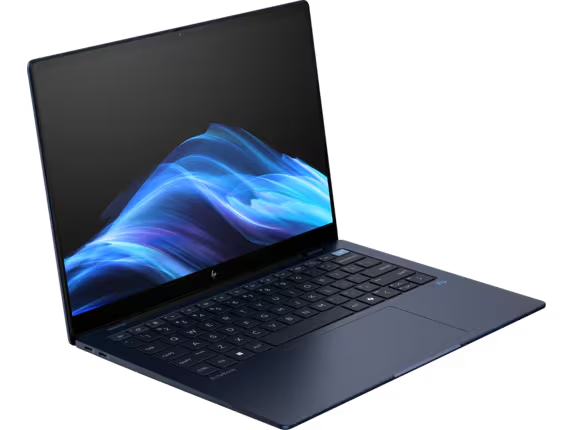Support for the VBScript scripting language will finally officially end soon which according to announcement Microsoft some time ago, end of support will begin in mid-2024 and will start to be an Optional feature for Windows 11.
If we remember again, on Windows 11 Insider Dev Build 25309 which was released last year, we have received leaks that Microsoft plans to make VBScript a default feature in Windows 11. And starting with Windows 11 Insider Dev Build 25309, VBScript has become part of the optional features in Settings > Apps.

VBScript itself is often used by system administrators for various tasks such as scripting hosts, create a shortcutregistry modifications and many other things.
However, since VBScript has not seen significant improvements over the years (it has been replaced by PowerShell with a more flexible approach to solving various tasks), VBScript has finally reached its end.
So, even after reaching the end of support, Windows 11 users will still be able to activate VBScript from the Settings > Apps > Optional features page.
Three Phases of End Of Support
Well Microsoft also explains some general phases for the process deprecated from VBScript where it includes:
- VBScript will be available in Windows 11 as an optional feature in the second half of 2024 and by default VBScript is disabled.
- The second phase will begin in 2027, where VBScript can still be included as an additional feature, but will not be pre-installed.
- In the third stage, VBScrit will be completely removed. All .dll files will also be deleted and applications using VBScript will stop working.
So what's the impact? Well, if VBScript is not installed, of course a number of commands and tools are included slmgr in the Command Prompt will not run as it should. But don't worry because of course there are other options that Microsoft provides with Powershell. In fact, guys, Microsoft recommends using the PowerShell or JavaScript tool as a substitute for VBScript because it is considered cooler and provides more enhanced capabilities.

So what do you think? Comment below guys.
Via: Microsoft
Source link











